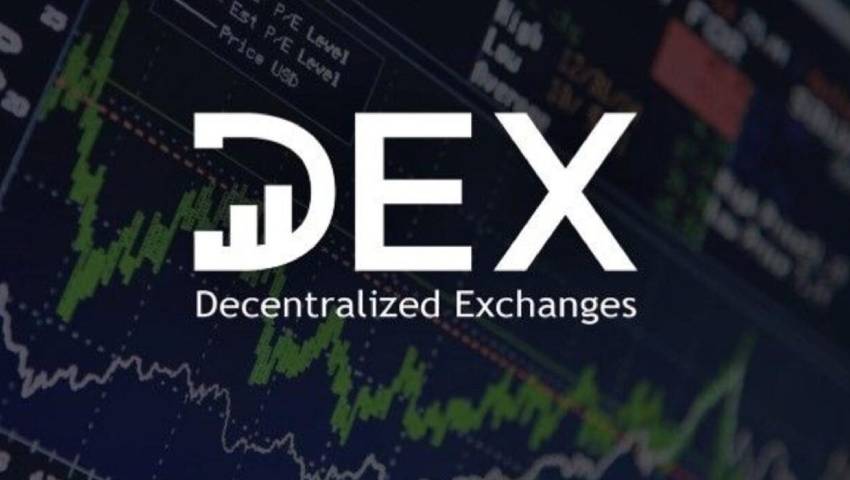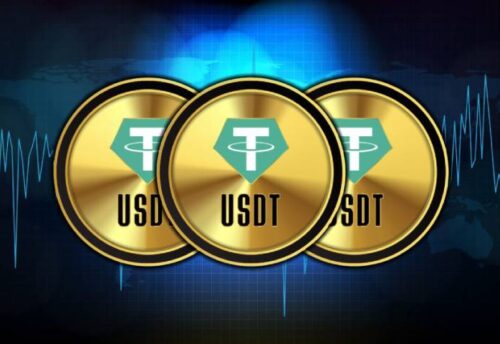
- 11/02/2025
- MyFinanceGyan
- 183 Views
- 4 Likes
- Cryptocurrency
Understanding the Mechanics of Decentralized Exchanges
The rise of Decentralized Exchanges (DEXs) is reshaping the landscape of crypto trading in India. This blog delves into the dynamics of DEXs, exploring their potential to democratize trading, the regulatory hurdles they face, and their growing popularity. We also examine successful global DEX models like Uniswap, SushiSwap, and Balancer, drawing insights relevant to the Indian context. Ultimately, we emphasize the need for a balanced view that weighs both the opportunities and risks associated with DEXs.
Unraveling the Concept of Decentralized Exchanges:
Decentralized Exchanges (DEXs) represent a transformative innovation in the cryptocurrency ecosystem. Unlike traditional centralized exchanges, which rely on intermediaries to facilitate trades, DEXs operate on blockchain technology, enabling direct peer-to-peer transactions. This decentralization enhances user privacy and security, as traders retain control over their assets without needing to entrust them to a third party.
The foundation of DEXs lies in the broader philosophy of decentralization, a core tenet of blockchain technology. By removing intermediaries, DEXs aim to make trading more transparent, efficient, and accessible to a broader audience. However, while they offer several advantages, DEXs also come with unique challenges, including technical complexities and security vulnerabilities.
Decentralized Exchanges in India:
Despite regulatory uncertainties, the adoption of DEXs in India has been on the rise. The appeal of decentralization, combined with the potential for high returns, has attracted a growing number of Indian traders to these platforms. However, the regulatory landscape remains in flux, with government bodies still formulating policies to address this emerging facet of the crypto market.
Currently, India’s DEX ecosystem is characterized by an expanding user base and a proliferation of platforms. However, the lack of clear regulatory guidelines poses challenges, creating uncertainties that affect market stability and investor confidence. Nevertheless, the resilience of India’s crypto community, combined with a strong appetite for innovation, continues to drive the growth of DEXs in the country.
A Closer Look at Decentralized Exchanges in the Indian Market:
Several globally recognized DEXs have gained traction in India, each offering unique features that appeal to different segments of the crypto community:
- Uniswap: Known for its automated liquidity protocol, Uniswap has revolutionized liquidity provision by enabling anyone to become a liquidity provider and earn transaction fees. Its user-friendly interface and robust smart contract architecture have made it a favorite among Indian traders.
- SushiSwap: A derivative of Uniswap, SushiSwap offers additional features such as yield farming and staking. It emphasizes community governance, allowing users to influence the platform’s direction through its native token, SUSHI. This community-oriented approach resonates with the decentralized ethos of the crypto world.
- Balancer: Balancer takes automated market-making a step further with its dynamic portfolio management features. It allows users to create custom liquidity pools with up to eight different assets, offering flexibility and control over asset allocation. This has attracted a niche but growing segment of Indian traders interested in more sophisticated trading strategies.
These case studies underscore the disruptive potential of DEXs in the Indian market and highlight the innovative spirit of India’s crypto community.
The Potentials and Risks of Decentralized Exchanges: A Balanced Perspective
DEXs hold significant promise for democratizing access to crypto trading in India. They foster innovation, enhance liquidity, and improve trading efficiency by eliminating intermediaries. However, these benefits come with inherent risks:
- Security Concerns: DEXs are vulnerable to smart contract bugs and other exploits, which can lead to significant financial losses for users.
- Regulatory Challenges: The absence of clear regulatory guidelines creates uncertainty, making it difficult for traders to navigate compliance requirements.
- Market Manipulation: Unlike centralized exchanges that have mechanisms to detect and prevent manipulation, DEXs lack similar safeguards, increasing the risk of fraudulent activities.
While the potential rewards are enticing, it is crucial for traders, investors, and policymakers to approach DEXs with a balanced perspective, considering both their benefits and the associated risks.
The Road Ahead for Decentralized Exchanges in India:
DEXs represent a significant development in the Indian crypto landscape, offering new opportunities for financial inclusion and innovation. However, careful navigation of the potential risks is essential. As the regulatory environment evolves, it is important for all stakeholders—from traders to policymakers—to foster a climate that balances investor protection with the need for innovation.
The growth of DEXs in India is a testament to the country’s vibrant and resilient crypto ecosystem. Moving forward, the focus should be on creating a regulatory framework that supports this growth while safeguarding market integrity.
Start Investing in Cryptocurrencies:
Ready to explore the world of crypto trading? Open a free account on CoinDCX and start your journey today: https://join.coindcx.com/invite/n75xR
Disclaimer:
The views expressed in this article are personal and those of the author. This content is intended for educational purposes only and should not be considered as financial advice or a product recommendation. Always conduct your own research and consult with a financial advisor before making investment decisions



